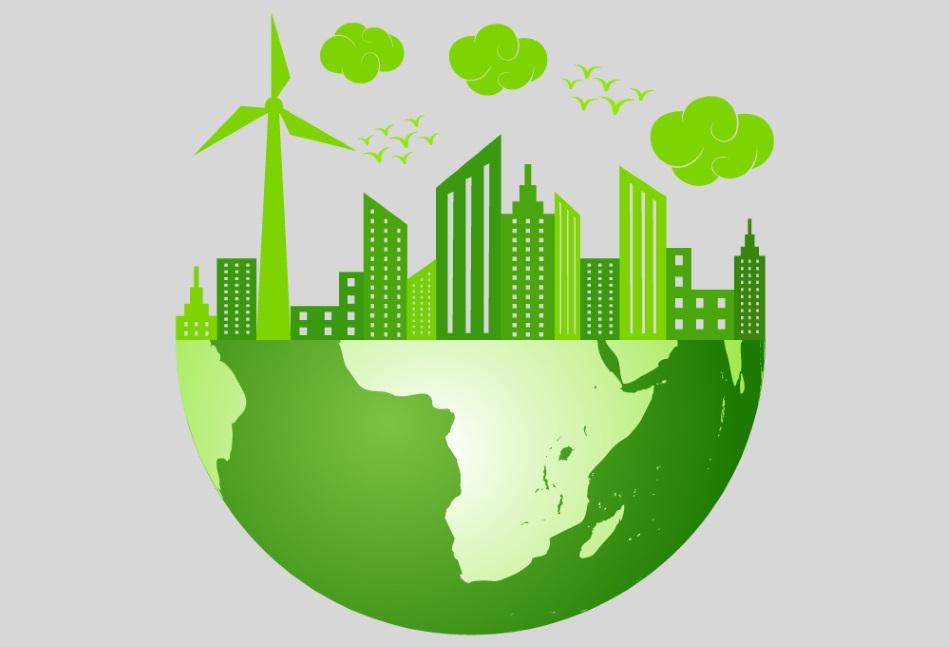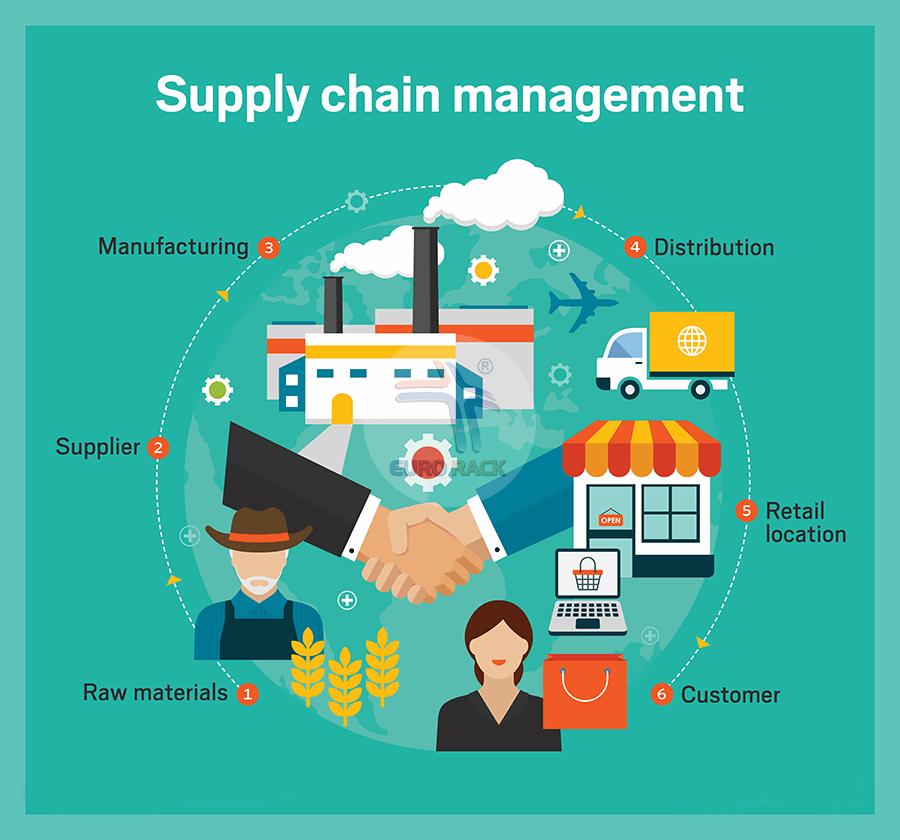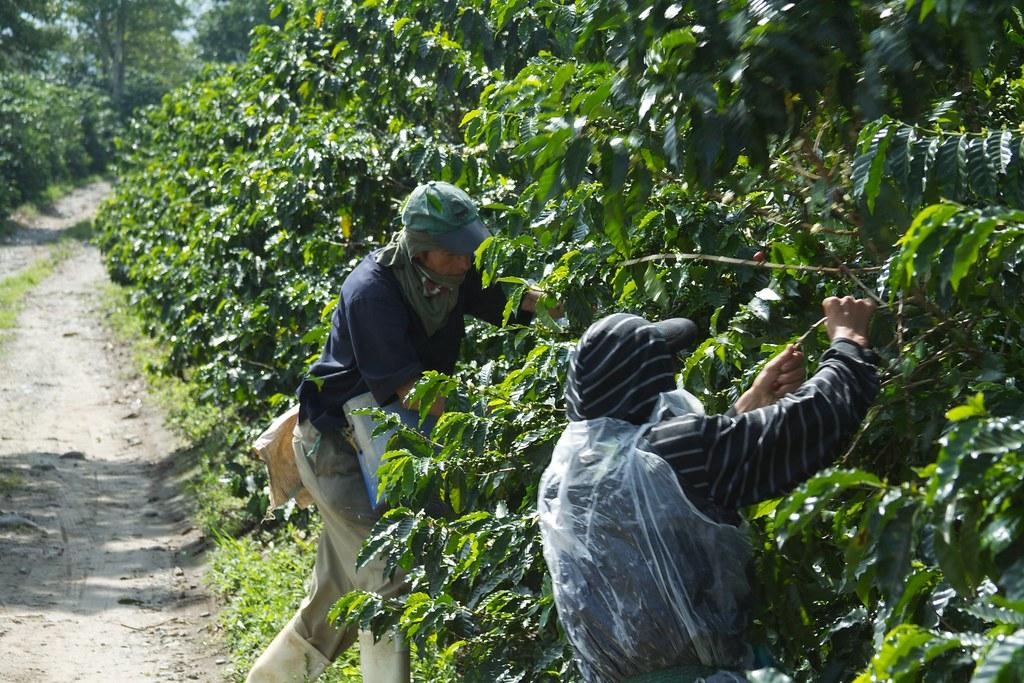In the heart of Guatemala’s coffee-rich landscapes, amidst a global pandemic that has disrupted economies and livelihoods, one organization continues to thrive in the face of adversity. De la Gente, a renowned coffee cooperative, has not only weathered the challenges of exporting coffee during a pandemic but has emerged as a beacon of resilience and innovation. Join us as we delve into the inner workings of De la Gente and discover the secrets behind their success in this uncertain world.
Table of Contents
- Navigating Export Challenges in a Global Crisis
- Sustainable Practices in Coffee Production
- Adapting Supply Chains for Resilience and Success
- Supporting Small-Scale Coffee Producers Through Uncertain Times
- Q&A
- Concluding Remarks

Navigating Export Challenges in a Global Crisis
Amidst the challenges of a global crisis, De la Gente continues to navigate the intricacies of exporting coffee. With supply chains disrupted and markets fluctuating, the team at De la Gente has had to adapt and innovate to ensure that their coffee reaches customers worldwide.
One of the key strategies employed by De la Gente during this time has been to strengthen relationships with their network of coffee farmers. By providing support and guidance, they have helped these farmers overcome obstacles and maintain the quality of their product. Additionally, the team has focused on diversifying their export markets to reduce dependency on any one region, ensuring a more resilient business model in the face of continued uncertainty.

Sustainable Practices in Coffee Production
Amidst the global pandemic, De la Gente, a sustainable coffee cooperative in Guatemala, continues to uphold their commitment to environmentally friendly practices in coffee production. By prioritizing sustainable methods, they not only protect the environment but also support the livelihoods of local farmers.
De la Gente’s sustainable practices include:
- Organic farming: Farmers avoid harmful chemicals and pesticides, ensuring the coffee is grown in an environmentally friendly manner.
- Agroforestry: By planting trees alongside coffee plants, farmers promote biodiversity and create a sustainable ecosystem.
- Community empowerment: De la Gente works closely with local communities, providing training and resources to help farmers improve their coffee production while preserving the environment.

Adapting Supply Chains for Resilience and Success
In the midst of a global pandemic, the coffee industry has faced unprecedented challenges. However, De la Gente, a small cooperative in Guatemala, has successfully adapted their supply chain to ensure resilience and success. By implementing innovative strategies and fostering strong partnerships, they have continued to export their high-quality coffee beans despite the obstacles.
Key factors contributing to De la Gente’s resilience include:
- Local Sourcing: By working closely with local farmers, De la Gente has maintained a steady supply of coffee beans.
- Diversification: In addition to exporting coffee, De la Gente has explored new markets and product offerings to mitigate risks.
- Adaptability: Flexibility and quick decision-making have allowed De la Gente to adjust their operations in response to changing circumstances.

Supporting Small-Scale Coffee Producers Through Uncertain Times
De la Gente is a small coffee cooperative located in the picturesque hills of Guatemala, where small-scale coffee producers rely on their crops to make a living. However, with the recent global pandemic affecting the coffee industry worldwide, these producers have faced uncertainty and challenges in exporting their coffee.
Despite the obstacles, De la Gente has adapted to the changing market conditions by implementing innovative strategies to support their members and ensure the continued success of their coffee exports. From establishing direct trade relationships with buyers to offering financial assistance and technical support, De la Gente is dedicated to empowering small-scale coffee producers and promoting sustainable practices in the midst of these uncertain times.
Q&A
Q: What challenges did De la Gente face when exporting coffee during the pandemic?
A: De la Gente faced multiple challenges when exporting coffee during the pandemic, including transportation disruptions, changing regulations, and fluctuating consumer demand.
Q: How did De la Gente adapt to these challenges?
A: De la Gente adapted to these challenges by implementing new safety protocols for their workers, finding alternative transportation methods, and exploring new markets for their coffee products.
Q: What impact did the pandemic have on the coffee industry as a whole?
A: The pandemic had a significant impact on the coffee industry, causing disruptions in the supply chain, changes in consumer behavior, and financial instability for many coffee producers.
Q: What lessons did De la Gente learn from exporting coffee during the pandemic?
A: De la Gente learned the importance of flexibility, adaptability, and resilience in the face of unexpected challenges, as well as the value of diversifying their markets and distribution channels.
Q: What are the future prospects for De la Gente and the coffee industry post-pandemic?
A: The future prospects for De la Gente and the coffee industry post-pandemic remain uncertain, but opportunities for growth and innovation may arise as the world continues to recover and adapt to the new normal.
Concluding Remarks
As the world continues to navigate through uncertain times, the story of De la Gente serves as a reminder of resilience and creativity in the face of adversity. Through their innovative approach to exporting coffee during a pandemic, they have not only sustained their business but also supported local farmers and communities. In a time of global crisis, their commitment to sustainability and social responsibility is truly inspiring. As we sip on our morning coffee, let us not forget the dedication and hard work that goes into each cup, especially during these challenging times. Cheers to De la Gente and the indomitable spirit of the coffee industry.